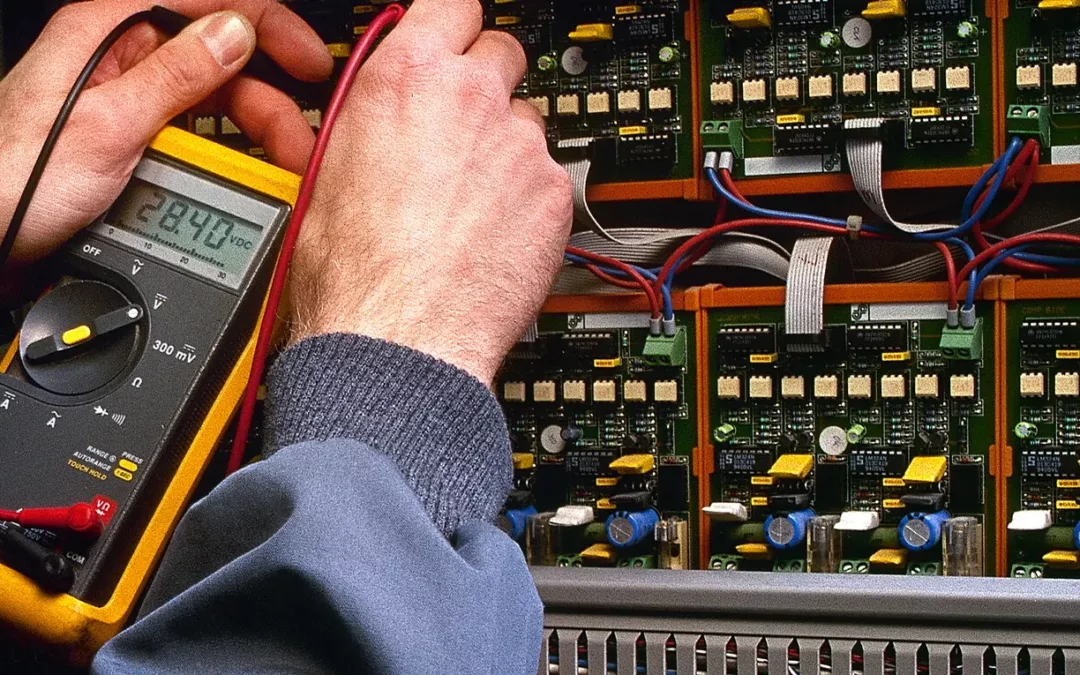Private Rented Sector EICR Safety Regulations
Electrical safety and the EICR report are of the utmost importance to any landlord, with standards having to be maintained to keep tenants safe. These things are always a moral responsibility, but it is now a legal responsibility too.
On the 1st of June, 2020, new regulations concerning safety standards in the private rental sector were introduced to hold private landlords to certain requirements.
These regulations were introduced because while the majority of landlords, private or otherwise, are proactive when it comes to electrical safety in their properties. There is a minority that does not take these responsibilities seriously.
What do the new EICR regulations say?
In short, there is now a legal requirement for private landlords to make sure that any electrical installations, in all of their properties, are inspected and safety tested via an EICR at least every 5 years. These tests and checks must also be carried out by a qualified electrician. Completed EICR must be given to tenants, and also to the local authority on request.
The copies of the report need to be provided to existing tenants 28 days after the work being carried out. And also to new tenants before they move into the premises. A copy of the same report must also be supplied to the local authority within 28 days of the request being made.
National electrical standards apply, and they have not changed, which can be seen in the 18th edition of the ‘Wiring Regulations’.
There is a serious risk posed to tenants lives where these tests and checks are not carried out. Previously there was no legal requirement to carry out these tests. Responsible landlords already carried out these checks as a part of their everyday operations. These regulations aim to bring others into ‘line’ too.
Which properties do the regulations apply to?
The new Electrical Safety Regulations apply to any new tenancies from the 1st of July, 2020 and all existing from the 1st of April 2021. Exceptions to the new rules do exist, and these properties include:
- Refuges
- Halls of residence
- Hostels
- Care homes
- Hospices and all other properties related to healthcare accommodation
In addition to the above, exceptions may also apply to social housing and a full list of exemptions are set out in Schedule 1 of the Regulations.
There were existing Regulations that covered Houses in Multiple Occupation. These Regulations have now been repealed in favour of the new Electrical Safety Regulations.
The Electrical Installation Condition Report
Landlords are legally required to have an EICR Report to be carried out, at least, every 5 years and by a fully qualified electrician. Standards that must be met or exceeded to be compliant are set out in the Wiring Regulations (see link above).It also states that any remedial work must be carried out if the electrician’s report requires it – any tested installation must be deemed safe for continued use.
Some of the Installations that need to be checked and tested include:
- Plug sockets
- Wiring
- Light fittings
- Distribution Boards
Appliances that are ‘permanently connected’ to the electrical supply, such as showers and extractor fans, will also be inspected and checked for safety.
In other words…
The government, wants every tenant in the UK (private or otherwise) to be as safe as possible in their own home. It was always the moral obligation of landlords to make sure that electrical fittings were up to standard and safe to use. These Regulations are a welcome change to ensure that everyone follows what they can to make sure that tenants are safe.
Landlords found to be in breach of the new Regulations face penalties of up to £30,000. To book an inspection for your properties, fill out this quick and easy form with EICR Pro.

